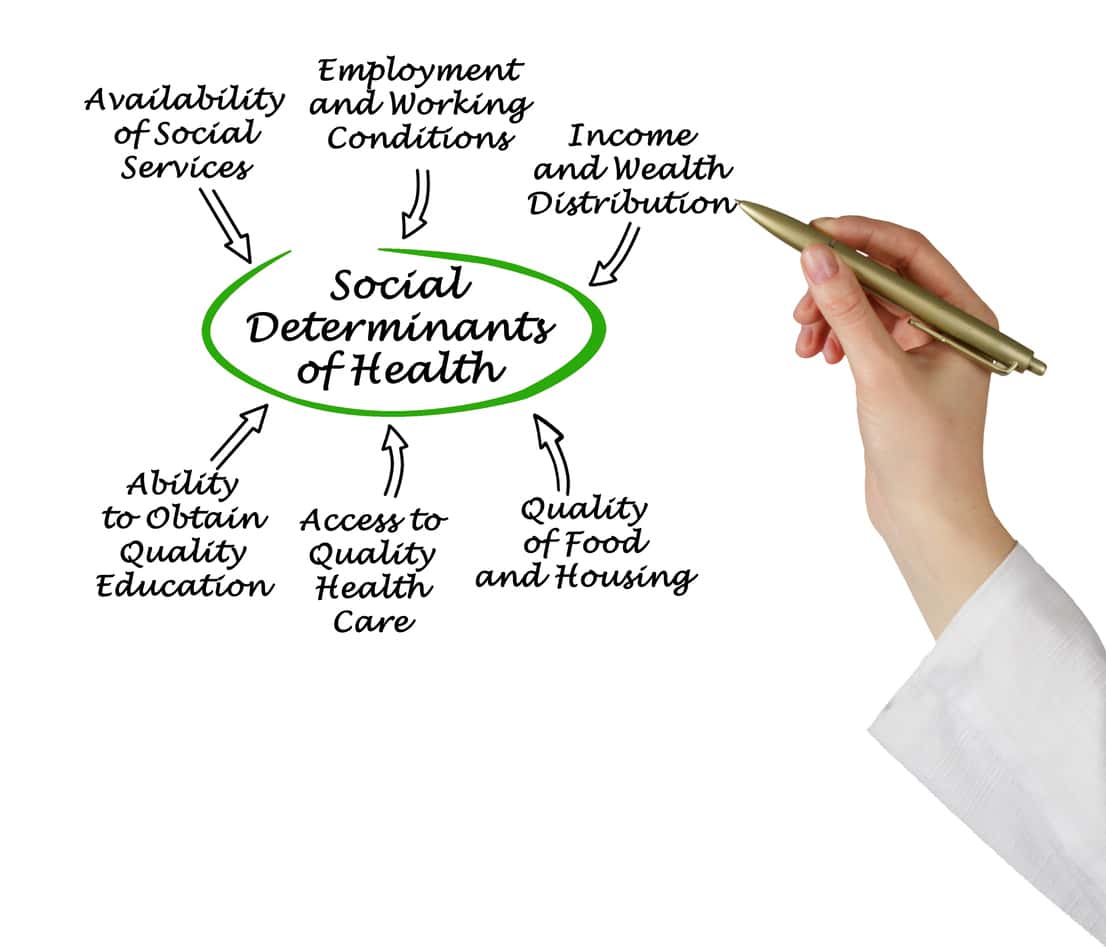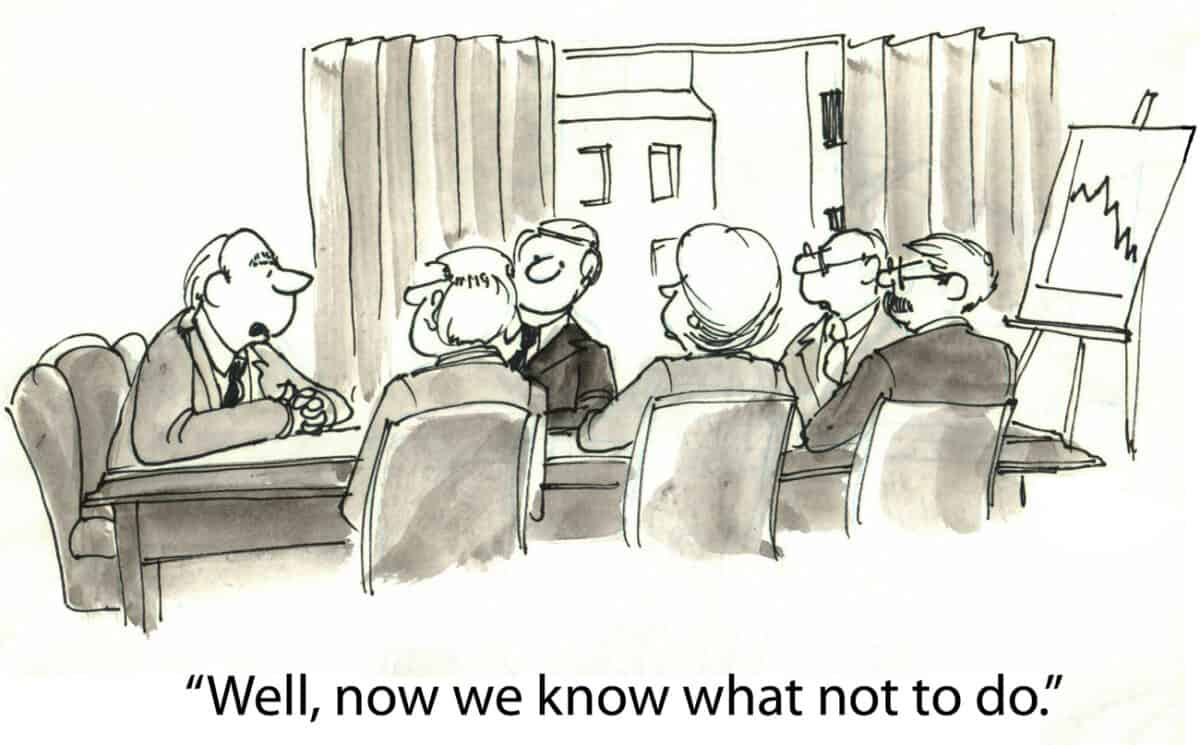Last week, I was able to interview several speakers, sponsors and delegates at the 23rd World Congress on Safety and Health at Work, sometimes on behalf of the Congress and at other times privately. Some of these interviews were edited from forty-five minutes of content to ten. The interview with the Team Lead on Occupational Safety and Health at the International Labour Organization, Manal Azzi, available online, was once such. This SafetyAtWorkBlog article is the full, slightly edited, transcript of that interview.
Category: economics
Arguing over the WorkCover scheme’s viability again avoids harm prevention
The Victorian Parliament has been debating legislation the government claims is essential to fix a “broken” workers’ compensation system. There are a lot of elements to what is broken – premium increases, political access to WorkSafe finances, political topping up of WorkSafe finances, high numbers and costs for workplace mental health compensation claims and more. What is largely missing is a discussion on the prevention of mental health injuries at work.
Making Noise – Asian migrant workers
Racism is a word increasingly thrown around these days, the most current incarnation being in the controversy surrounding whether or not to allow Australia’s indigenous peoples a formalised Voice to Parliament.
Unfortunately, Australia has no patent on this illogical and offensive tendency. In Asia, it is often aimed at other Asian races of what is perceived as lower social class.
Global Occupational Health and Safety Handbook – A Critical Review
OK, let me own up. In 1999, I wrote Working for Life A Source Book on Occupational Health for Women. Earlier, I was posted to Indonesia to head up a program on occupational health and safety with the International Labour Organisation (ILO). I was supposed to improve the skills of labour inspectors, using specific training devised by other highly paid experts with the ILO.
What wasn’t included was how to cover corruption and studied ineptitude. Factory inspections inevitably concluded with the uniformed inspectors carting goods ‘donated’ back home.
Why is profit put before safety?
Occupational health and safety (OHS) is a remarkably insular profession. It tends to narrow its focus on legislative compliance even though Social Determinants of Health is a core unit of tertiary OHS education. OHS professionals are also notably weak in understanding the business realities that their employers and customers face. This inability to understand the economic realities is a common criticism of OHS, not reflecting “common sense” and being naïve.
To understand OHS’ limitations and potential, it is necessary to have a basic knowledge of the economic and political ideologies under which clients and employers work. “The Big Myth – How American Business Taught Us to Loathe Government and Love the Free Market”, by Naomi Oreskes and Erik M Conway, contributes to that understanding.
Business lobbyist misses the point
Recently the Australian Industry Group Chief Executive, Innes Willox, addressed the National Press Club in Canberra. The AIGroup is one of the “go to” business groups, along with the Business Council of Australia and mining industry groups, that the business media knows will comment on anything when asked, and frequently when not asked. Willox’s August presentation was on Industrial Relations, but it also illustrates the workplace and political culture in which occupational health and safety (OHS) must operate.
OHS lawyer says to trust your gut
Occupational health and safety (OHS) seminars can be a bit hit-and-miss. Sometimes they seem to be a front for promoting a new management program, but every so often, the information offered is perceptive and rewarding. Herbert Smith Freehills partner Steve Bell has been consistently rewarding over many years. No quoting Section 321 of an OHS Act or PowerPoint slide of obscure and semi-important court cases here. His latest seminar appearance covered
- Due Diligence,
- Industrial Manslaughter,
- Psychosocial Risk Assessments
- OHS Harmonisation.





